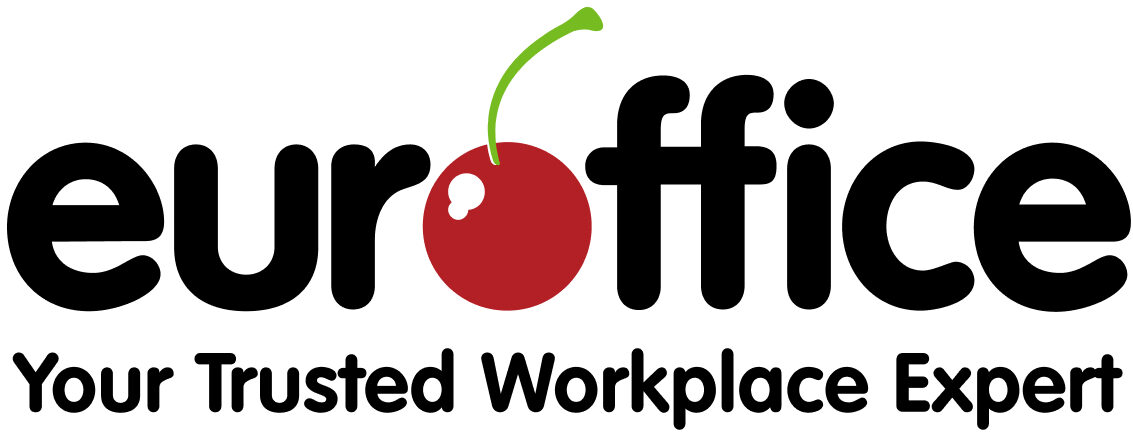You may not think of it, but you have time to spare on your commute. Instead of staring blankly out of the window or worrying about the day ahead, why not spend the minutes or hours profitably with a good business book? We’ve put together a round up of books to make your journey more interesting and possibly teach you something new.
The benefit of these books is that many are available in audio book. So it’s a great way to ‘read’ when you can’t get a seat or it’s too crowded to turn the page of your book. It’s especially good for commuters who drive. A safe way to pass the time in the car in traffic jams.
All available on iTunes, Audible or Audiobooks.
Black Box Thinking: The Surprising Thing About Success
by Matthew Syed
It’s a business metaphor from the aviation industry: they examine the black box to discover what went wrong for a plane, and then fix the fault. Syed believes learning from errors is part of creating success. Organisations should look more critically at failures or disasters in their operations and make it a part of their everyday process. A former British table tennis champion and Olympian, he explains how this works in sport. Cycling teams analyse not only major mishaps but also the minor ones, so that they get a cumulative picture of team performance and success. He shows how business leaders and organisations – Sir James Dyson, the Mercedes F1 team, Google and the British cycling teams – have learnt from failure.
Street Smarts: An All-Purpose Tool Kit for Entrepreneurs
by Norm Brodsky and Bo Burlingham
Brodsky is a veteran in this field having set up several businesses. This book (also titled The Knack) is based on the advice in the Street Smarts column for Inc Magazine. It offers tips on negotiating the minefield that confronts start-ups and beginners: how to grab opportunities as they arise, identify potential pitfalls, and how to pinpoint and turn down bad sales.
by Seth Godin
Marketing maven Godin propounds the view that instead of big ideas and innovation, businesses should be looking for small, incremental and useful changes that delight customers. This ‘soft innovation’ is not a gimmick he says, but a gimmick transformed. One example, he writes, is yoghurt in a tube, so that you don’t need a spoon to eat it. That’s the free prize because the revenue from such a change can be much greater than the cost of doing it.
https://www.youtube.com/watch?v=Qd25z-gTeRE
Terry Leahy
The Economist magazine says this book is a page-turner. The former boss of Tesco believes that it’s a company’s values, rather than its day-to-day business, that underpin profit. ‘Values,’ he writes, ‘govern how a business behaves, what it sees as important, what it does when faced with a problem.’ Leahy sets out 10 chapters on management themes, including truth, trust, balance and loyalty (remember that Tesco was the first to introduce supermarket loyalty cards).
Harvard Business Review’s 10 Must Reads: On Innovation
Articles by Clayton Christensen, Peter Drucker, and others
Christensen invented the theory of disruptive innovation. The phrase means innovation that creates new markets by identifying new business models or categories of customers (think budget airlines and Uber). In this book he, and experts like Peter Drucker, the influential management guru, show how you can nurture innovation from the ground in a business, rather than from the top. Other practical advice includes how to decide which ideas are worth pursuing and how to direct your efforts to meet your customers’ most pressing needs.
Contagious: Why Things Catch On
Jonah Berger
Wharton professor Berger analyses what makes a viral success. Why do some products catch on while others sink without a trace? How does something become an urban myth? It’s because we listen to our peers. In business terms word-of-mouth brings in more than two times the sales of paid advertising. But this is actually the result of getting the message right, says Berger. He details the six STEPPS – Social currency, Triggers, Emotion, Public, Practical value, and Stories – that will help a product or idea to become contagious.
Norah Ephron
Not strictly a business book but one about female empowerment and being yourself. Ephron, who died in 2012, was an author, journalist, director (Sleepless in Seattle) and screenwriter (You’ve Got Mail and When Harry Met Sally). Addressing her alma mater, Wellesley College, she said: ‘be the heroine of your life, not the victim’, and she was unafraid to challenge orthodoxies. The title of this book of essays refers to regrets on growing older (‘the reason why forty, fifty, and sixty don’t look the way they used to [is] not because of feminism, or better living through exercise. It’s because of hair dye’).
Ephron’s confident and witty tone shines through – she has no purse envy; she thinks purses are ‘a morass of loose Tic Tacs… lipsticks without tops, ChapSticks of unknown vintage’. When a college intern in the White House in the Kennedy era, she says JFK failed to make a pass at her. ‘Perhaps nothing happened between us because JFK somehow sensed that discretion was not my middle name.’ Ephron is an everywoman.



